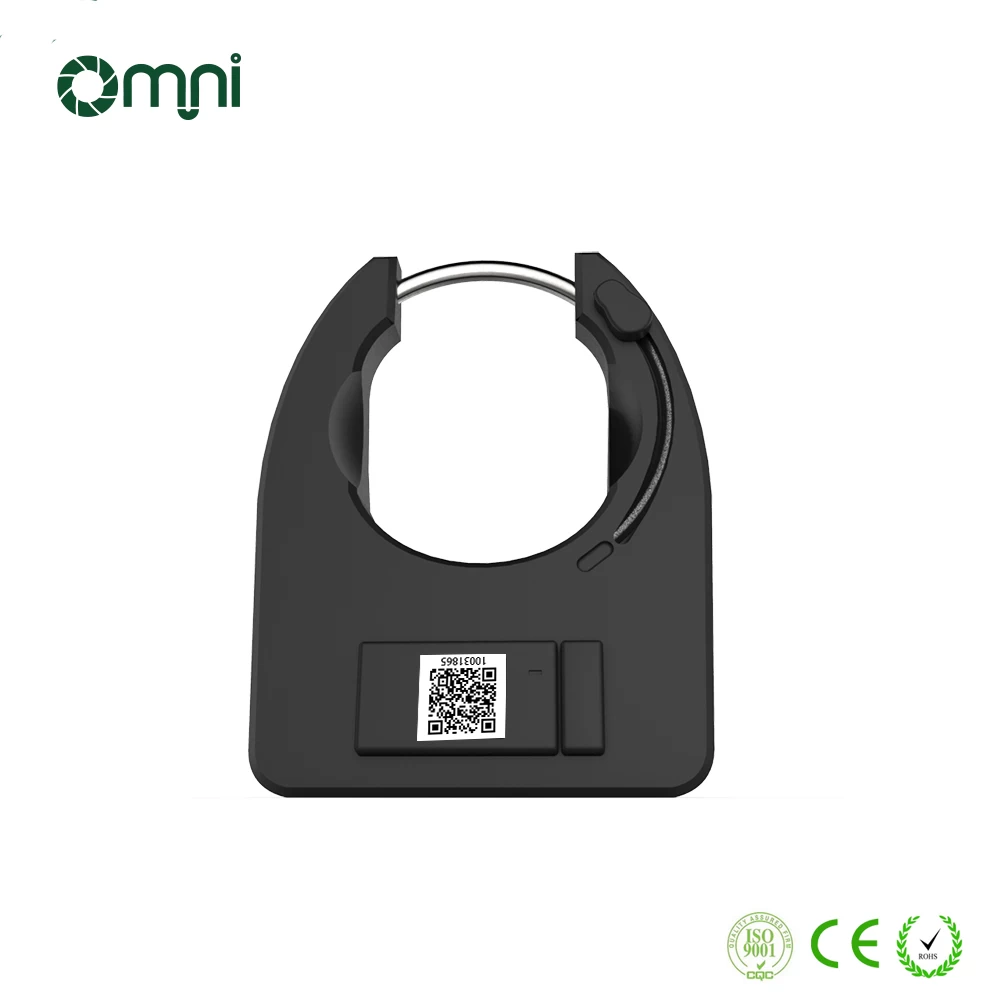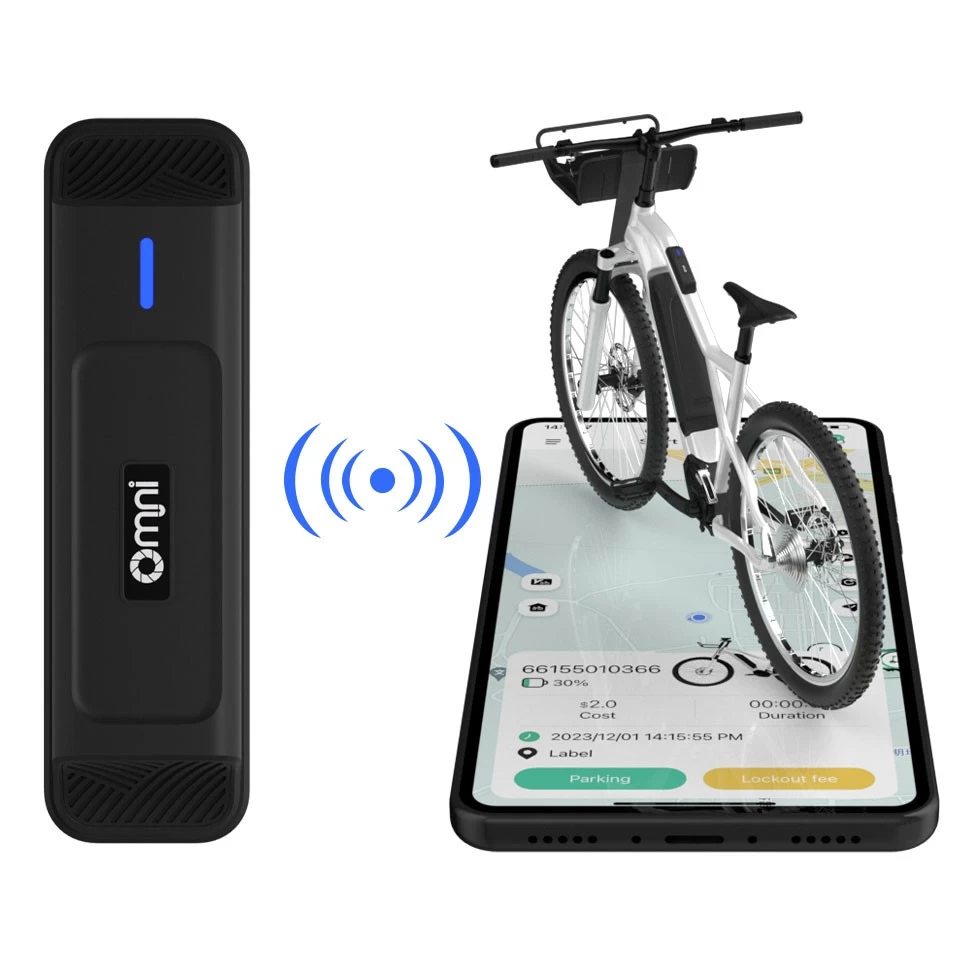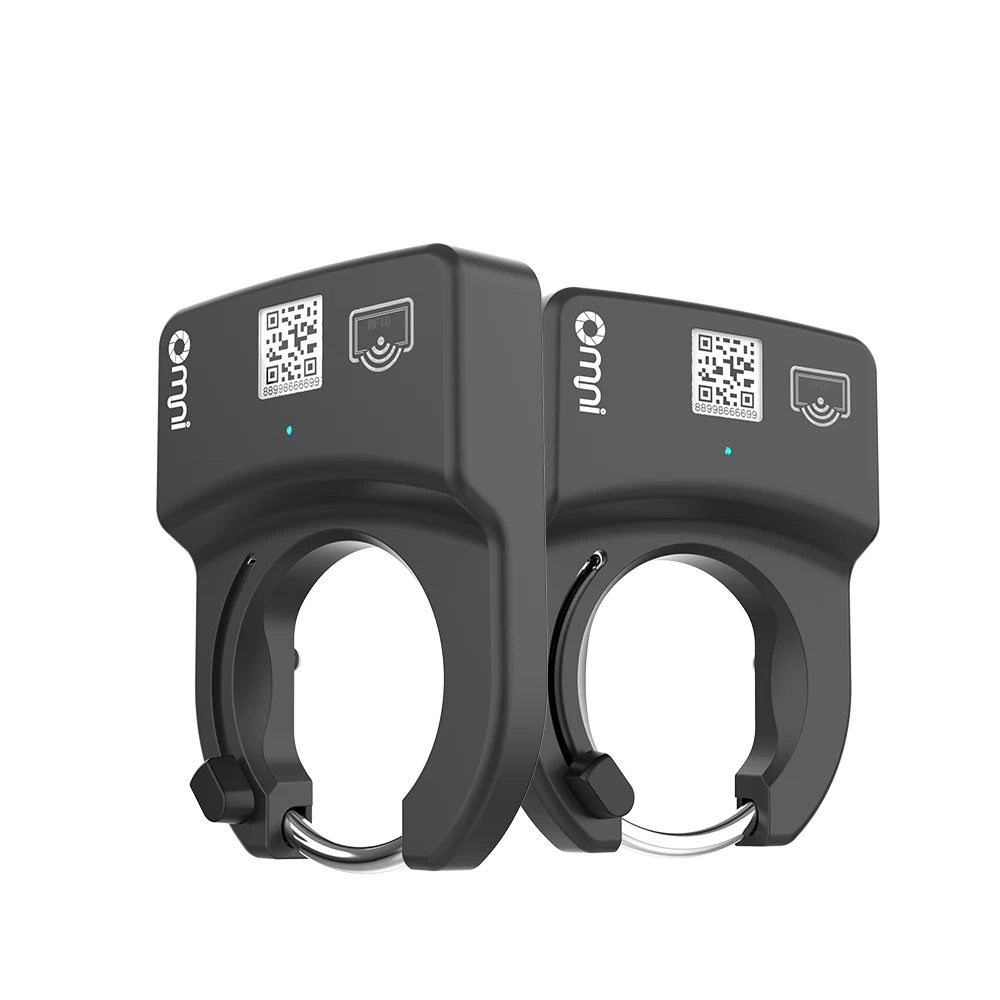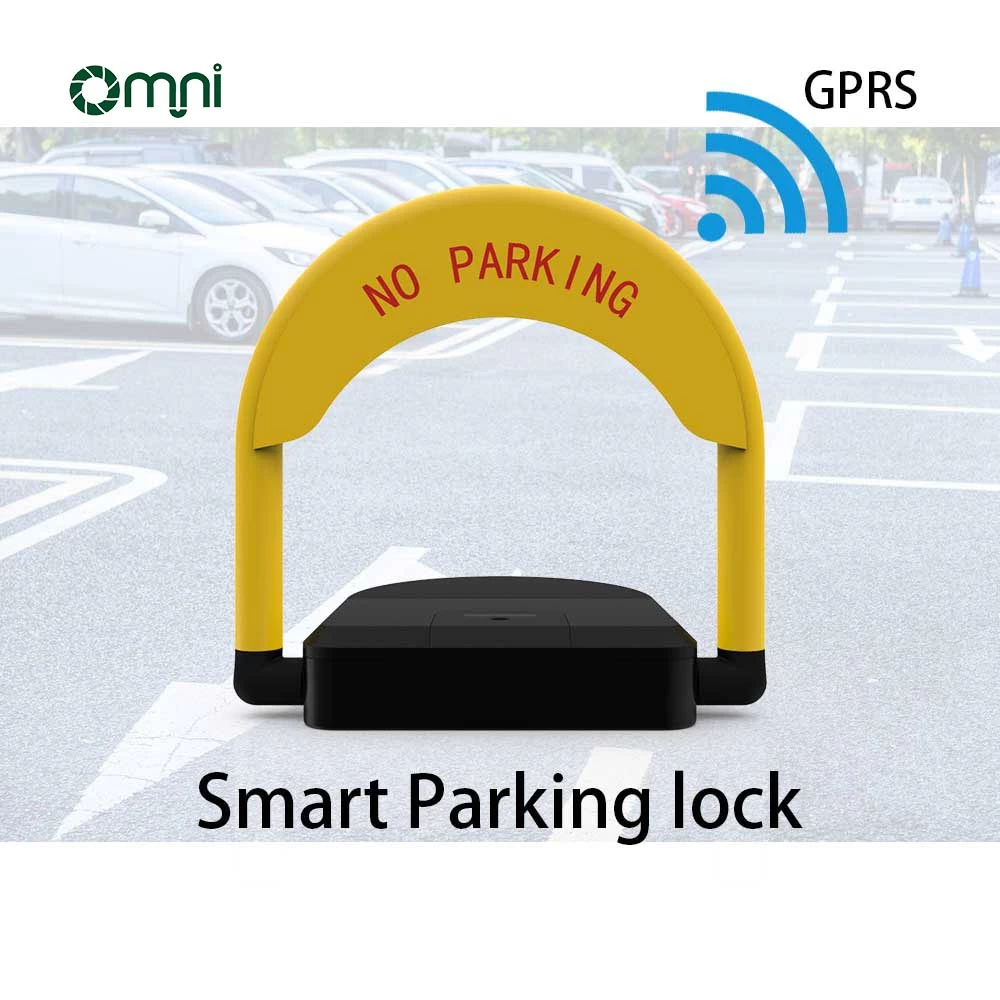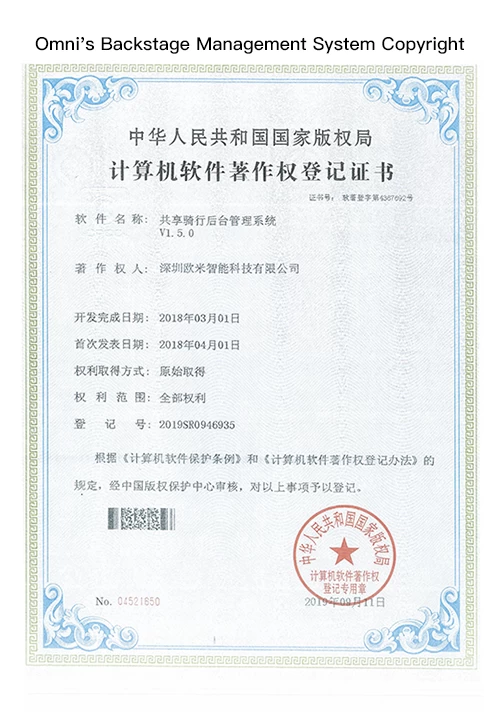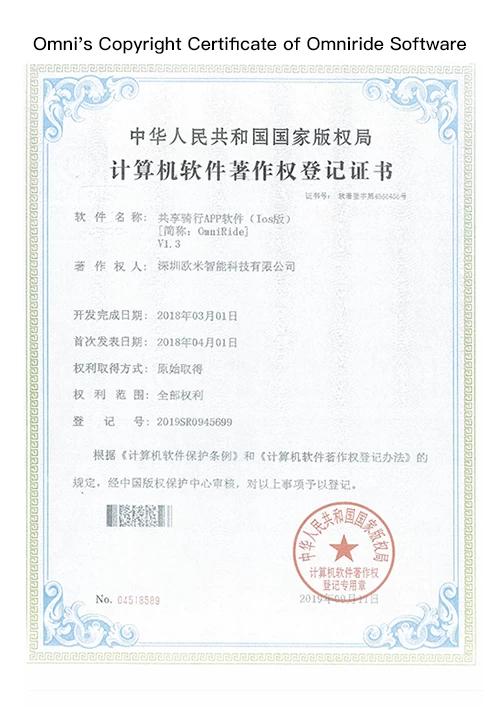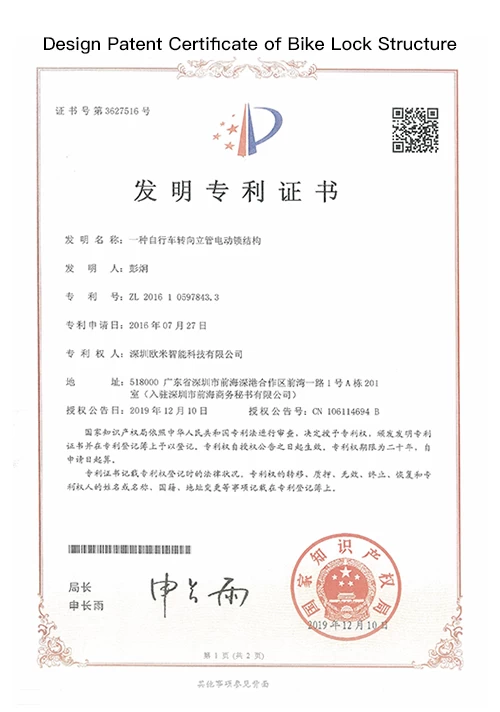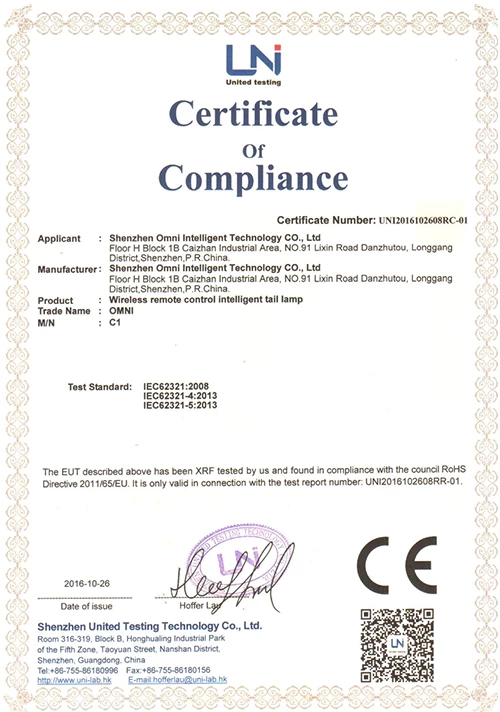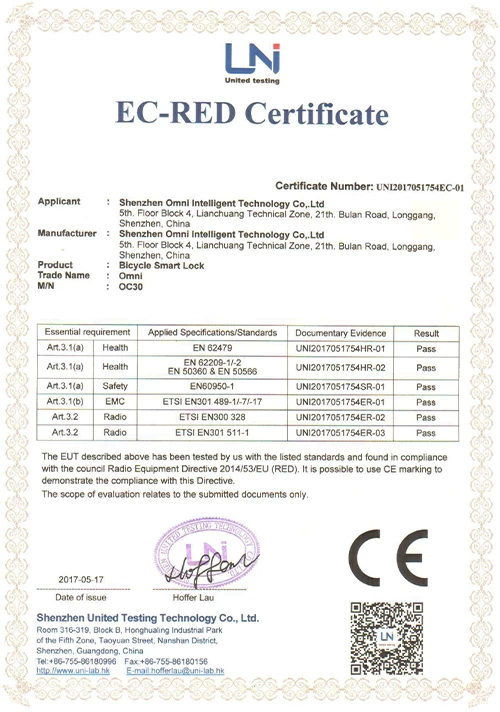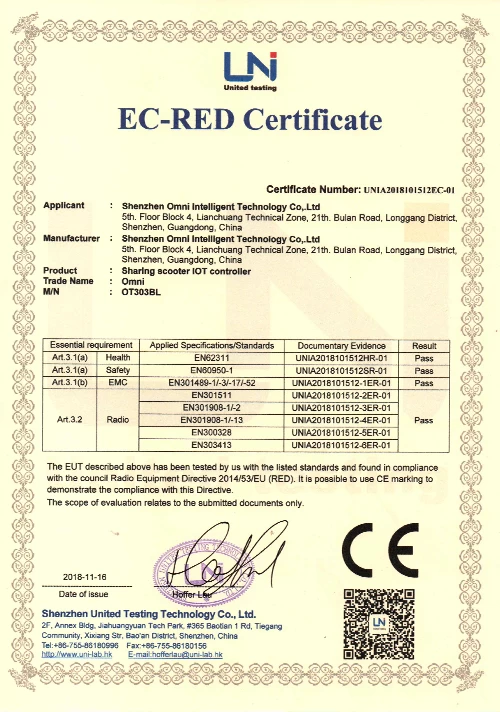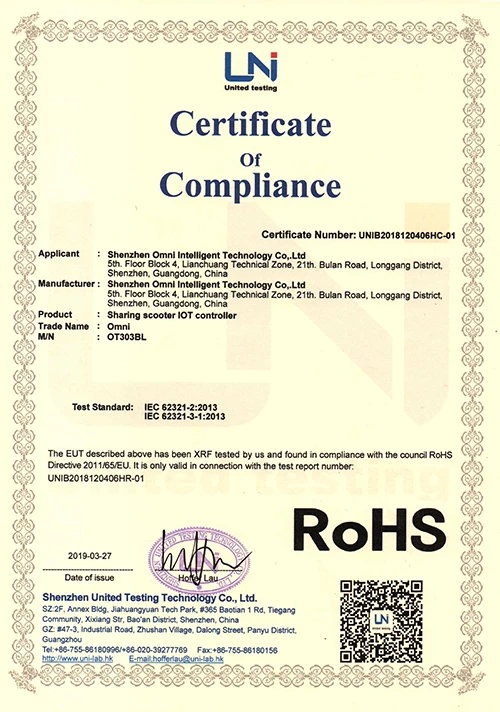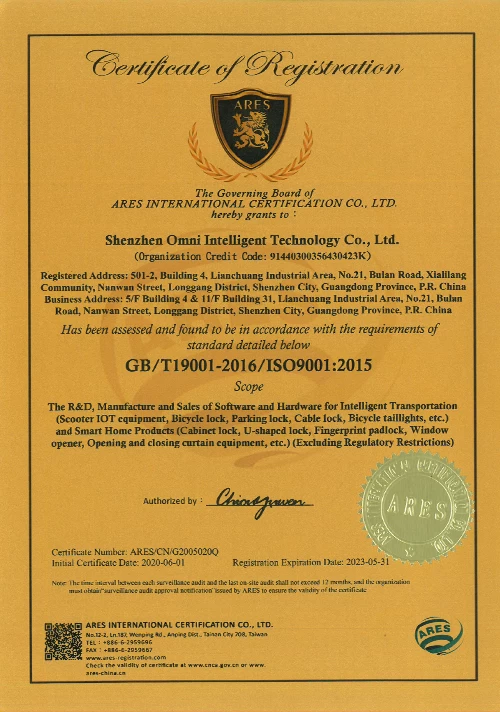What's the Importance of Bluetooth in Location Services?
Revolutionizing Indoor Positioning with Bluetooth Technology
With the growing maturity of the Internet of Things(IoT)ecosystem,the demand for precise positioning has surged across various industries.However,GPS satellite signals often struggle to function properly in indoor environments and are susceptible to radio interference.To address the"last mile"problem of indoor positioning,many location devices on the market utilize popular wireless communication technologies,including Bluetooth,Wi-Fi,and ultra-wideband technology.Among these,Bluetooth positioning technology stands out due to its high maturity and widespread application.

Bluetooth Positioning:Indoor Tracking Redefined
Bluetooth positioning,also known as Bluetooth Positioning,is an indoor positioning method based on Bluetooth signals,differing from traditional GPS positioning,as it is primarily used in indoor settings.This technology achieves precise location tracking of objects or individuals by analyzing the signal strength between mobile devices and Bluetooth beacons.
How Bluetooth Beacons Enable Indoor Positioning
The working principle of Bluetooth positioning is based on Bluetooth beacons,which are small wireless transmitters that continuously broadcast signals containing unique identifiers.Mobile devices such as smartphones and tablets equipped with Bluetooth receive these signals and use Received Signal Strength Indicator(RSSI)to estimate the distance to the beacons.Within a coverage area composed of multiple Bluetooth beacons,mobile devices can receive signals from different beacons.By employing triangulation techniques,the devices can calculate and determine their exact position within the beacon network.Compared to GPS,Bluetooth positioning is better suited for indoor use,as its signals can maintain good propagation even when encountering walls and other obstacles.
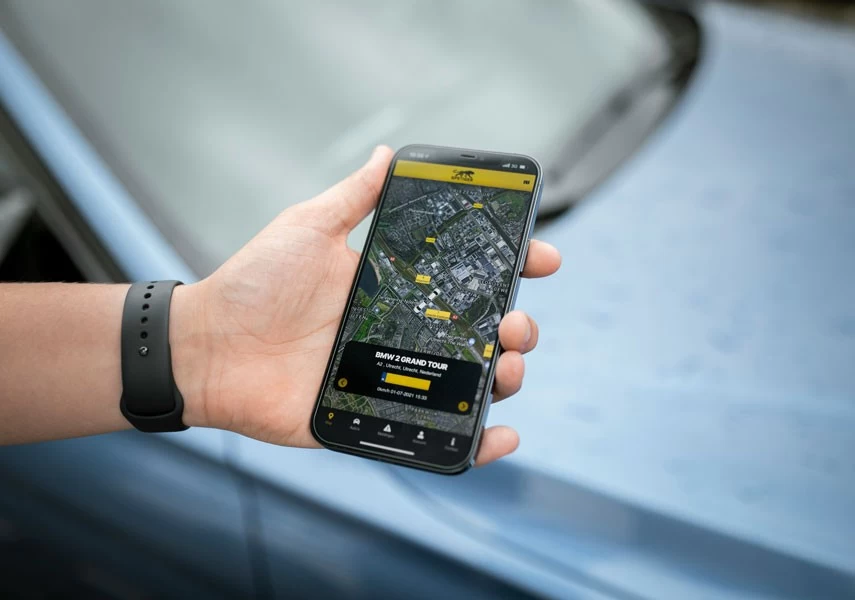
Versatile Applications of Bluetooth Positioning Technology
Bluetooth positioning has a wide range of applications,covering retail,smart transportation,smart museums,indoor navigation,asset management,security,and the elderly care industry.In retail,it helps businesses optimize store layouts and send personalized promotional information to customers.Smart museums can use it to provide visitors with detailed information about exhibits.Indoor navigation services can assist people in quickly finding their destinations within large buildings.In asset management,companies can track the location of valuable items to prevent loss.In security,Bluetooth positioning can monitor personnel activities in sensitive areas.Lastly,in the elderly care sector,it ensures the indoor safety of seniors.





